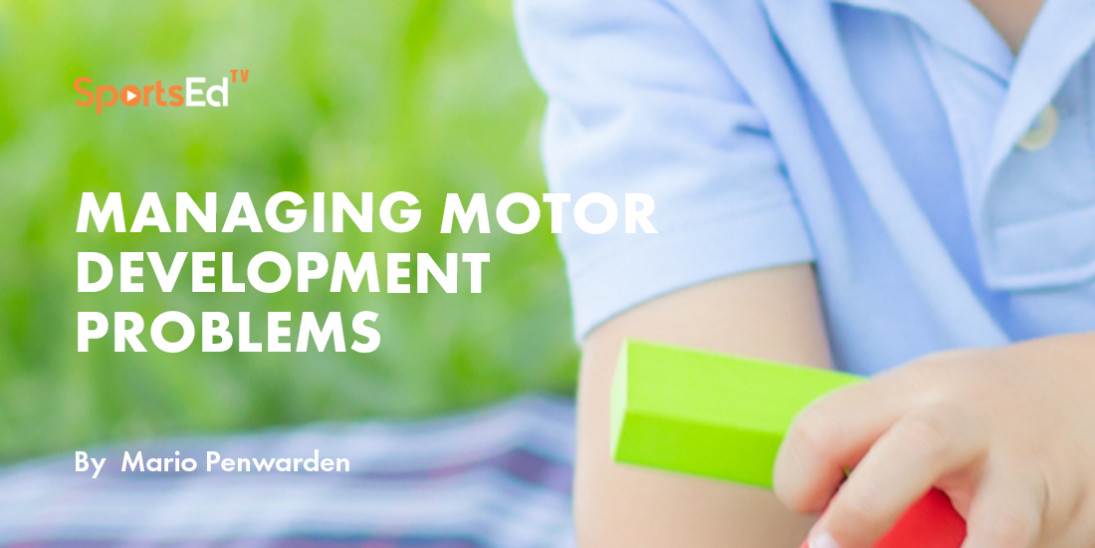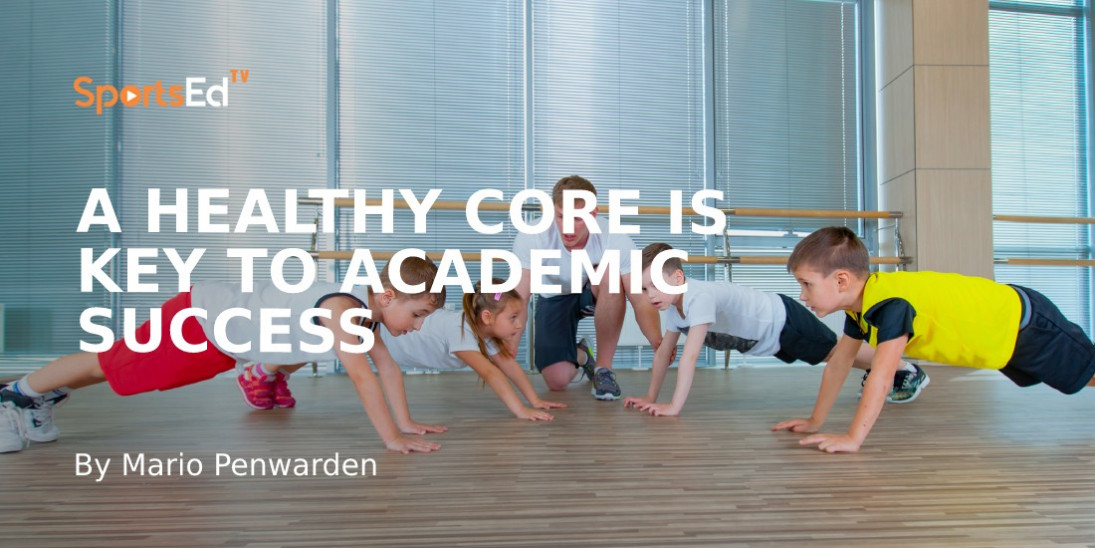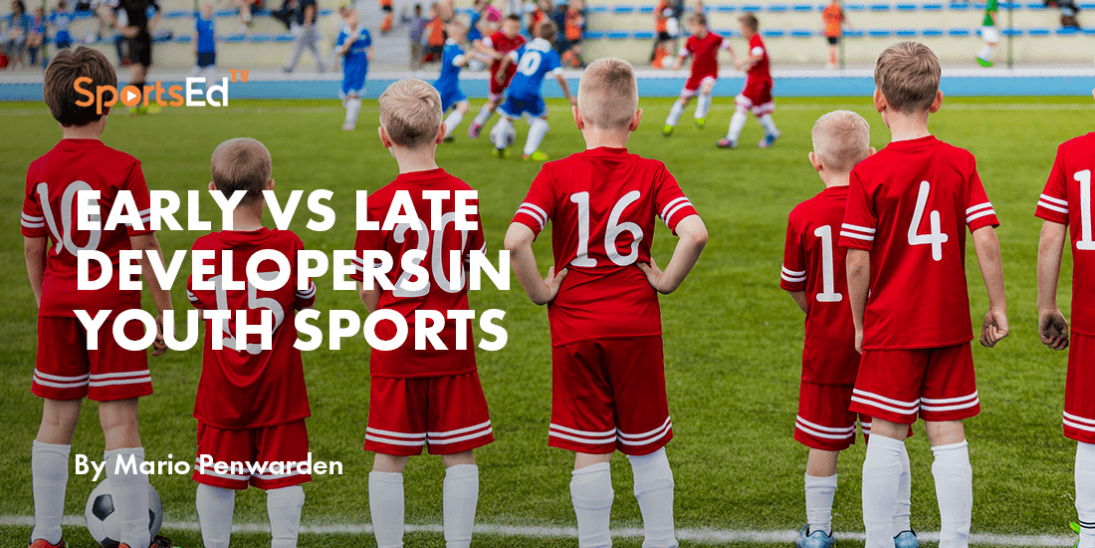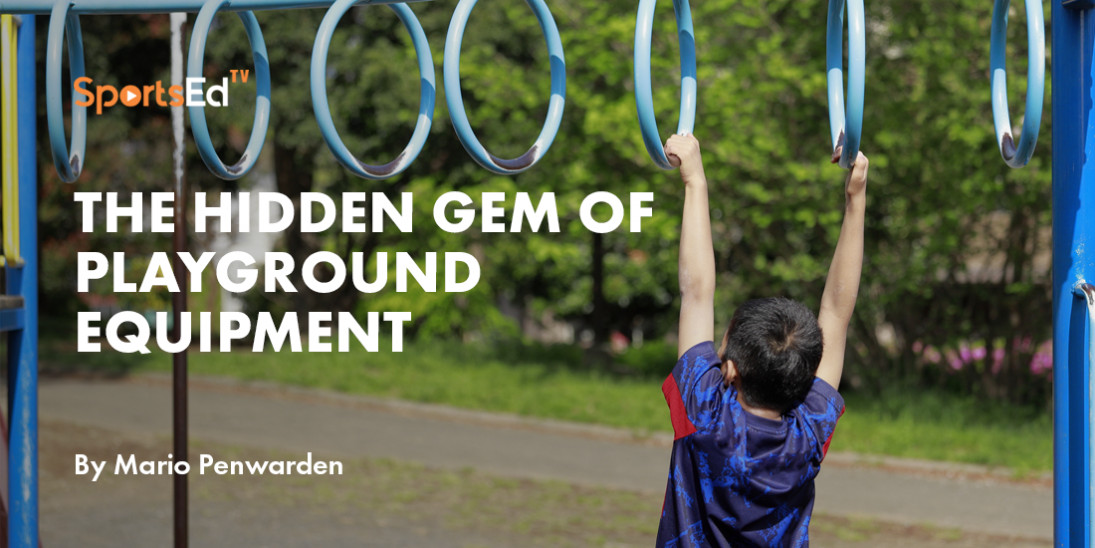Physical Education, Sports Parenting
Welcome and thanks for visiting...

The Importance of Fundamental Movement Skills in Early Sport Participation
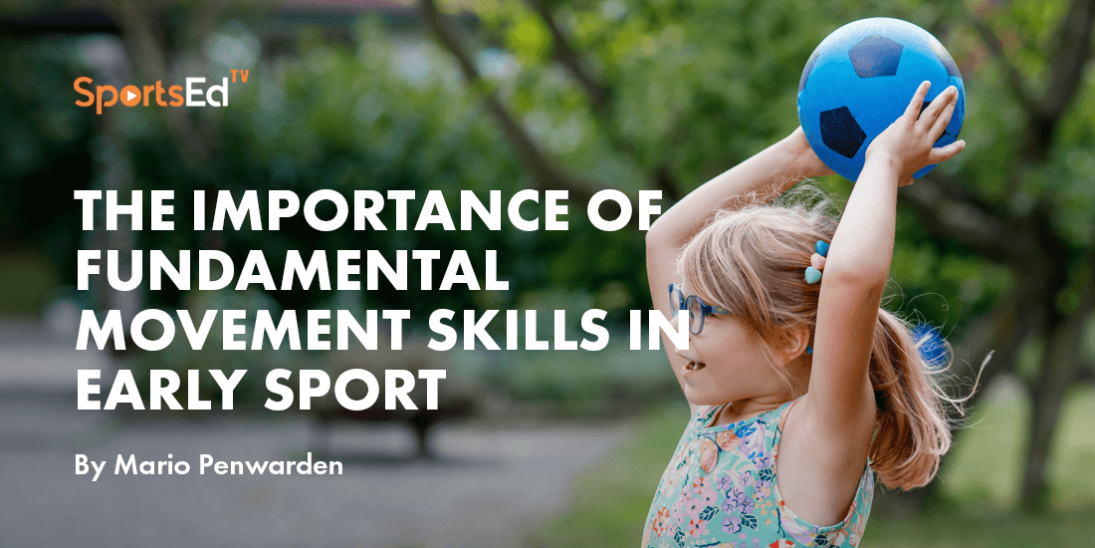
When it comes to childhood development, few things have as much influence on future good health and athletic success as the acquisition of sound fundamental movement skills (FMS). These simple motor abilities, which involve running, jumping, throwing, catching, and balancing ones’ self, among others, constitute a base for more complex skills related to sports. Therefore, promoting good FMS during early childhood may have a greater effect on their sports participation and physical activities when they grow older. Well-organized movement development programs with particular reference to physical education can help make this a reality.
Building Blocks of Athleticism
Just like the ABCs are for reading, writing, and speaking, fundamental movement skills are for physical literacy. However, in the case of movement, children need to first learn and master basic movements before engaging themselves effectively in sports. This background allows kids to perform a wider range of activities hence enabling them to establish a foundation for advanced sporting activities.
A child who has learned FMS is likely going to be better at many other sports because these are general skills that most sports require, but specific ones, in some cases, can add up. For instance, baseball, basketball, and football are some of the sports that can be successful through good throwing and catching. Also needed for soccer, track and field, and gymnastics are excellent running and jumping abilities. When these skills are developed at an early age, it will boost a child’s self-assurance capability, making them more inclined to take part in athletic games.
Confidence Building and Involvement in Activities
When kids are physically competent, they are attracted to physical activities. This will not only better their body fitness but also encourage social skills as well as promote teamwork by increasing participation.
Lack of basic motor skills often scares children from taking part in sports, leading to sedentary lifestyles that can have severe impacts on their health status, both physically and mentally. On the other hand, when a child feels confident about how he or she moves their body, it is possible for them to join friends’ teams or even create new ones, make comrades, and remain active. This positive feedback continues the cycle, encouraging ongoing involvement with sporting activities, among others, thus promoting a healthier living habit generally.
Improving Long-Term Athletic Potential
Furthermore, early mastery of fundamental movement skills (FMS) can significantly influence a child’s long-term athletic potential. Trainers and experts say that athletes who acquire these skills at an early age are able to handle the specialized training they will face later. A strong grounding in basic moves facilitates better learning and fine tuning of sport-specific abilities leading to enhanced sporting performances.
In fact, if a youngster has already gained control over their body through activities such as gymnastics or dance, it will be easier for them to take up a game like soccer or tennis that requires agility. Furthermore, versatility acquired from FMS training at an early age adds protection against injuries due to being well-prepared for the high demands of various sports on bodies.
The Role of Parents and Educators
Parents and educators play a crucial role in the development of FMS. By providing opportunities for children to engage in a variety of physical activities, they can help ensure that kids develop a broad range of movement skills. This can be achieved through unstructured play, organized sports, and physical education programs that emphasize the importance of FMS.
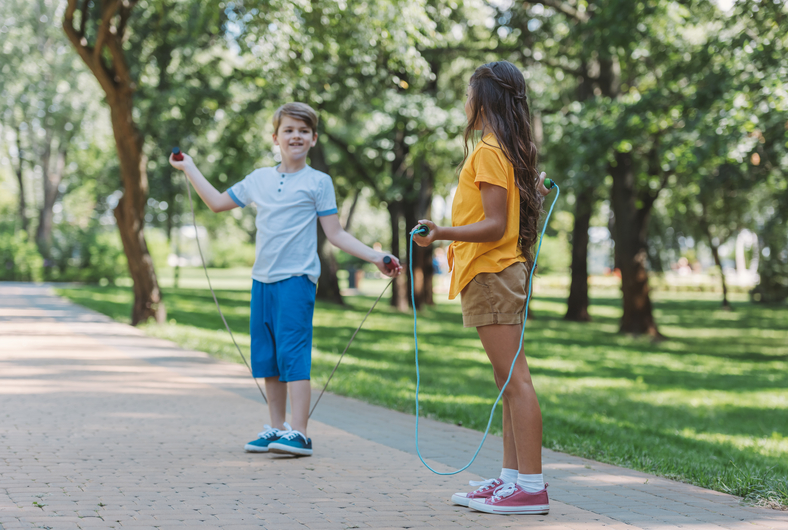
Parents can encourage active play by providing equipment such as balls, jump ropes, and bikes, and by promoting outdoor activities like climbing, running, and playing catch. Schools can support FMS development by incorporating comprehensive physical education curricula that focus on a wide array of movements, rather than specializing too early in one sport.
In conclusion, the development of fundamental movement skills in early childhood is paramount for fostering long-term engagement in sports and physical activities. These skills are the building blocks of physical literacy, boosting confidence, enhancing athletic potential, and promoting a healthy lifestyle. By recognizing the importance of FMS and actively supporting their development, parents, educators, and coaches can set children on a path to a lifetime of physical activity and sporting success.





